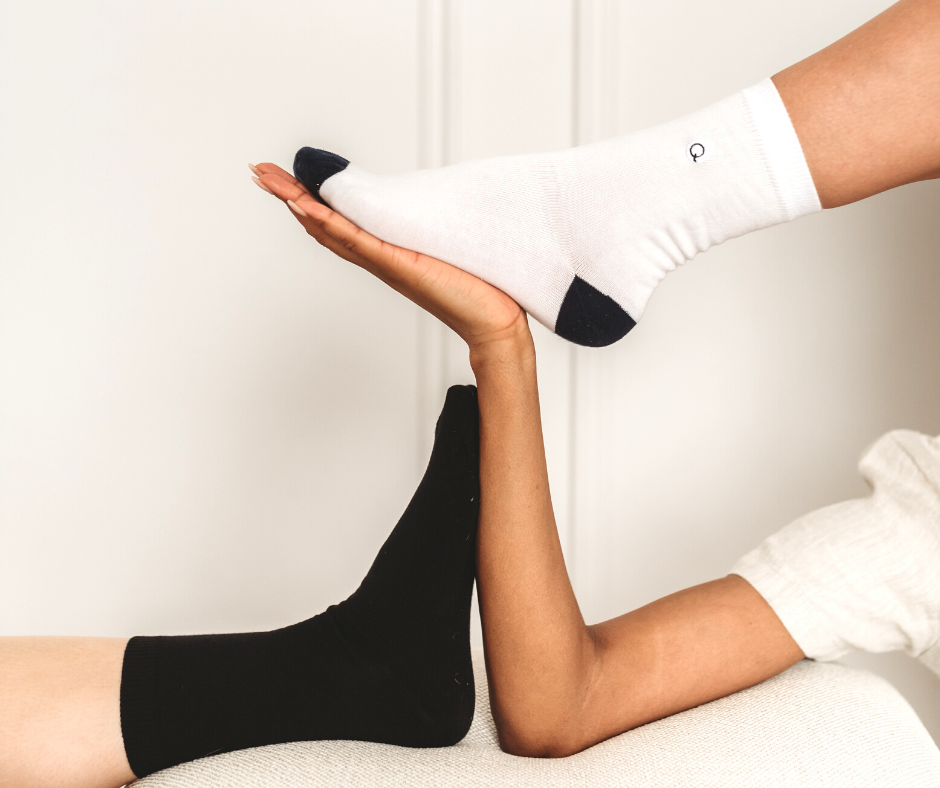What Is Linen?
Linen is a textile made from flax plant fabrics. Originally a German word, linen became popular around a thousand years ago, even though humans started using it much before that. Early civilizations such as Ancient Egypt used it for its comfort and even as currency. These days, linen clothes are one of the finest and most comfortable clothes worldwide.
As a brand focused on sustainability, we are committed to preserving Earth’s precious resources and focusing. This is why we ethically source our world-class linen from Portugal, Europe, creating jobs and securing the future of our valued providers, while giving you in-style wear for your ease and comfort.
Although both cotton and linen are used to make comfortable clothes, the two materials have some differences. Before we get into how linen is different from cotton, let’s take a look at why your closet must-have linen items, and why, if it doesn’t, implies that you’re missing out.
Every Closet Deserves Linen
That’s right. If your closet doesn’t have linen cloth items, you’re probably missing out. Clothes made out of linen offer a lot of perks over other materials. Here’s why:
Linen Is Hypoallergenic & Anti-Bacterial
Linen is one of the best materials for sensitive skin. Part of the reason why it is considered more comfortable than other materials is that its texture has fewer chances of reacting with the wearer’s skin. This reduces the chance of allergies and rashes being formed on people that have sensitive skin and who tend to feel uncomfortable in most materials.
Its unique fibres also prevent pathogens from growing on it. This makes linen clothes more hygienic as compared to other materials. If worn for prolonged durations, linen doesn’t let films of airborne fungi grow on it which makes it more durable and hygienic than other materials.
Linen is Anti-Static
The anti-static nature of the linen fibres makes its garments very long-lasting. This means the friction against your skin won’t cause it to become electrically charged which in turn, will prevent dust from sticking to your clothes.
Linen’s anti-static nature also prevents moisture from sweat from being collected on your clothes’ internal surface. Less moisture means fewer chances of getting bacteria from the air growing near your skin, keeping it clean.
Breathable
As a fabric, linen is quite soft and breathable. Linen is a natural insulator which means it resists changes in temperature. Its resistance to temperature is what allows it to stay cool in warm weather such as during the summers. So if you like spending time in the sun such as at the beach or outdoors during summertime, linen clothes will help you stay cool. The fabric will naturally prevent your skin from becoming too hot, decreasing how much you sweat and making you more comfortable.
Stain & Color Resistant
Linen, which is made from flax plant fibres, is quite resistant to colours. It makes a great fabric for casual wear as its fibres resist getting stains and colours from others when it's being washed. Moreover, having linen in casual clothes such as PJs and tops add comfort, utility and style - all at once.
Linen vs Cotton?
You might think that linen and cotton are the same fabric, but in reality, they’re far from similar when it comes to their natural fibres and their utility.
Linen is made from flax plants while cotton is made from - you guessed it: cotton plants. Linen has a relatively smooth and intricate woven structure which offers a thicker, longer fabric compared to cotton.
Cotton and linen are both natural fibres used in fabrics worldwide. Cotton gives a little more ‘fluff’ when woven into fabrics. Cotton is slightly less resistant to temperature changes than linen. Subjectively speaking, linen clothes give a more ‘luxury’ feeling when worn compared to cotton because of their intricate mesh of fibres.
How to make Linen part of your Sustainable Wardrobe?
We may be biased but our Linen Pajamas were designed to look stylish whether you are in bed, out for brunch or on a zoom call, making them a staple in your capsule wardrobe.
Check out all the inspiration from just 3 pieces from our natural, undyed linen sleepwear set.

Our linen cropped shirt with denim jeans. Perfect for a casual outing.

Our women's linen sets perfect for a this mom-daughter hangout.

Samantha is wearing her linen shirt for a work zoom call!
Which type of Linen is best?
Not all linen is created equal.
Linen is grown in various parts of the world: France, Belgium, Italy, Ireland, China and the USA. Where and how Linen is grown is important as how the fibres are extracted and spun into yarn. Our European Flax Linen comes from Linen grown in either France or Belgium, spun in Europe with meticulous skill and turned into these beautiful pieces ethically in Portugal.
How the flax is transformed into fibres, how it is woven and how it is treated affects the quality and the durability of the garment. Our Linen Pajamas have been handled with care and detail at every step of the way.
Like all our products, these have not been treated with anything harmful and come with the OEKO-Tex Standard 100 guarantee.
Our untreated, undyed Linen items are naturally biodegradable and 100% flax linen giving you the breathability and anti-moisture texture that you need to stay comfortable and in vogue - at the same time.
Why Linen PJs?
A linen pyjama helps you retain heat at night. We are all accustomed to the chill breeze at night whenever our covers get misplaced. Wearing a linen pyjama lets you sleep comfortably because its fibres help retain heat and prevent your legs from getting too cold. During the day, the same pyjama will resist the change in temperature and help you stay cool. To put it simply: it is one of the best materials for a pyjama you could ask for!
Launching in April / May 2022, Q For Quinn’s linen clothes will have you covered for the summers and beyond. Sign up below to be the first to access.















Leave a comment